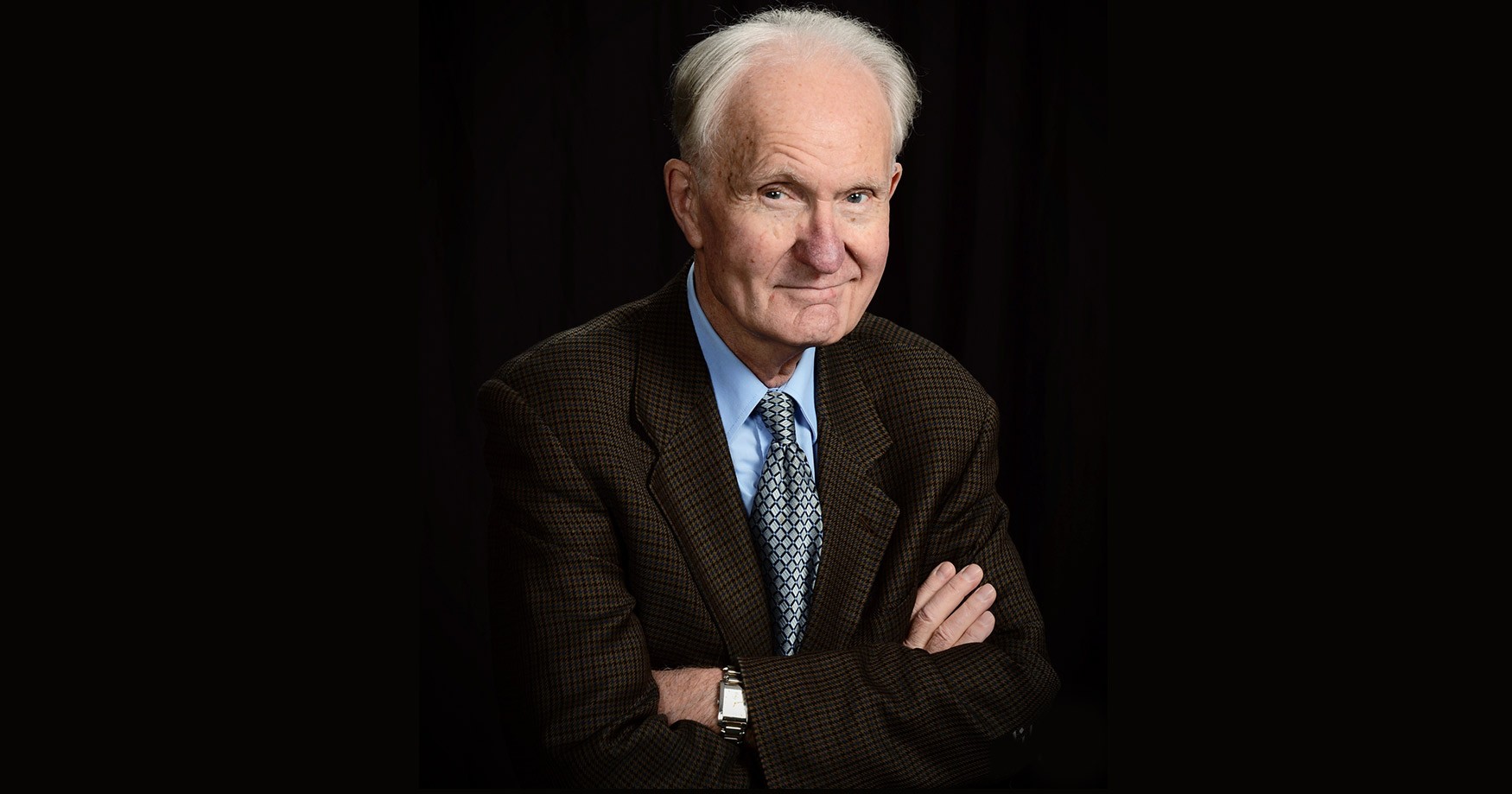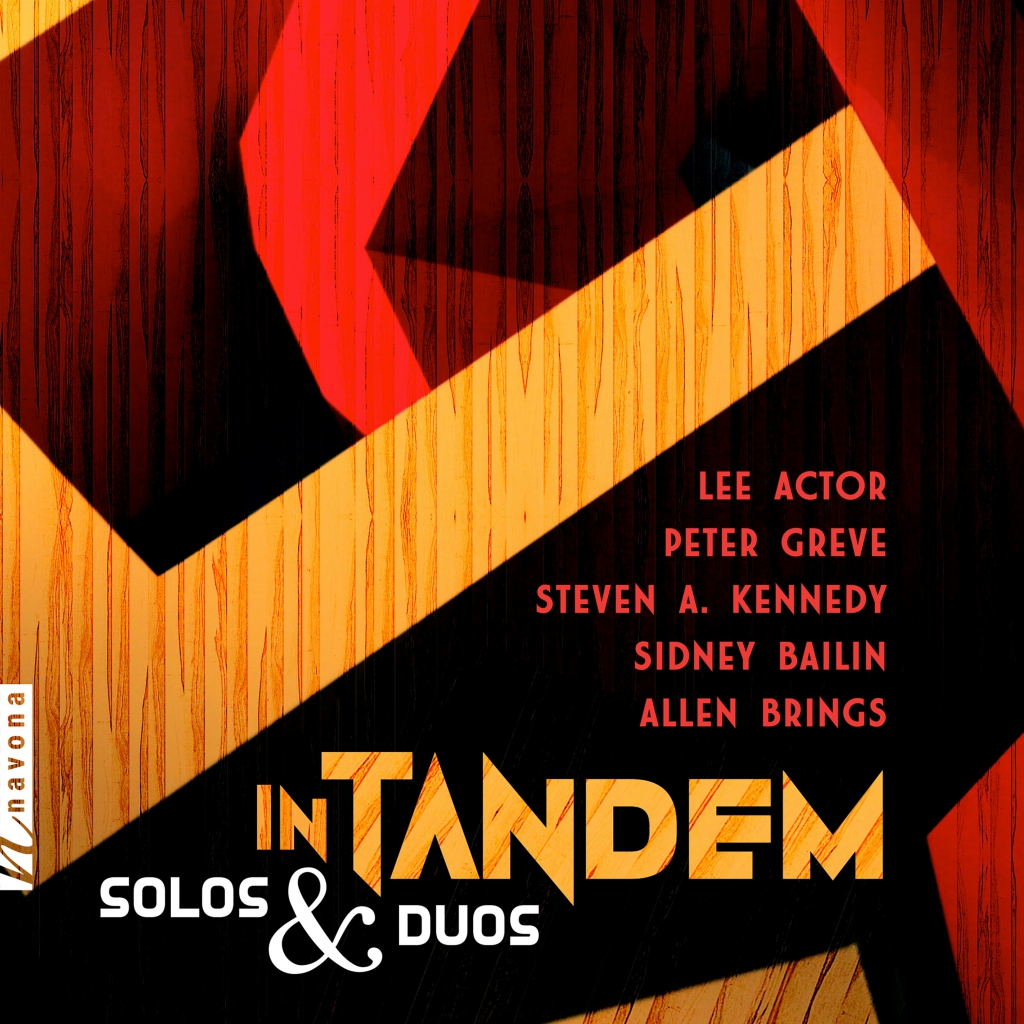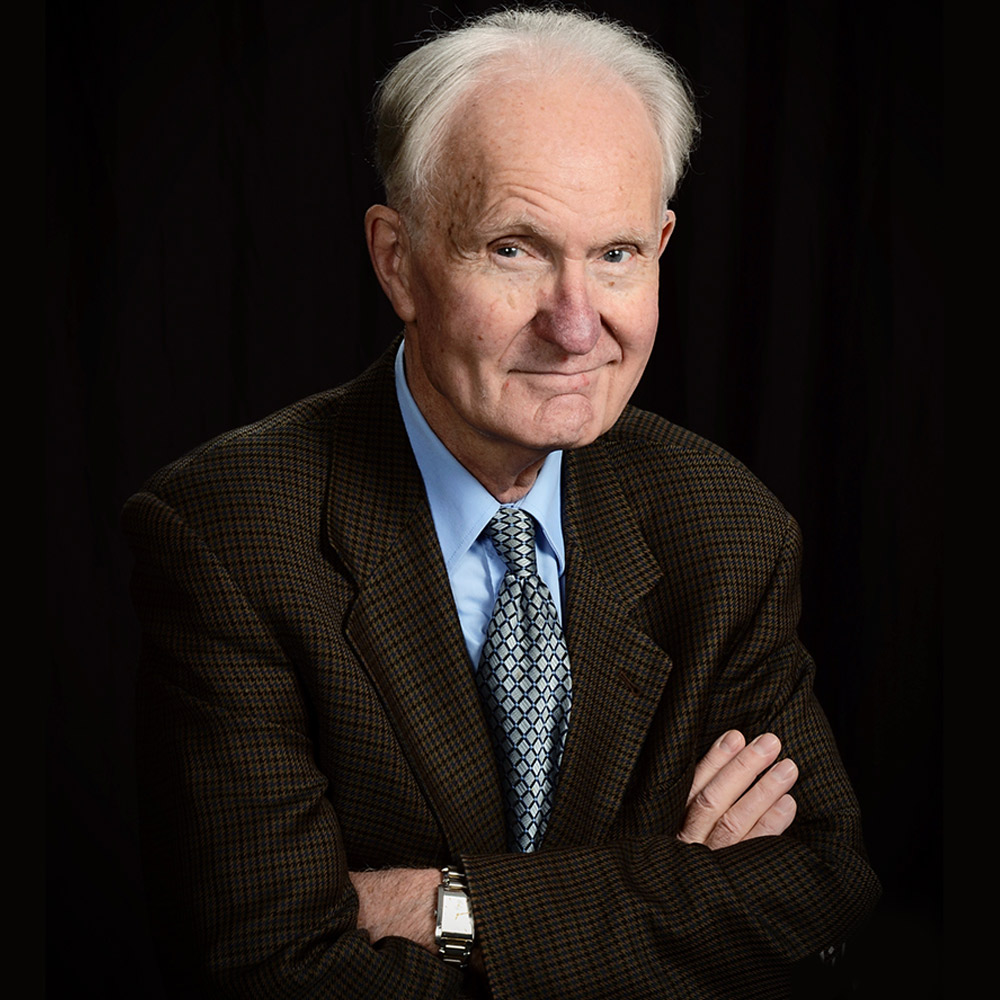
A native of New York City, Allen Brings received a Bachelor of Arts degree from Queens College, a Master of Arts degree from Columbia University, and a doctorate in theory and composition from Boston University. He has twice served as chairman of the eastern region of the American Society of University Composers and is currently vice president of Connecticut Composers. His published compositions, which include works for orchestra, band, chorus, a wide variety of chamber ensembles, piano, organ, harpsichord, guitar, and voice, have been recorded for Navona Records, among others.
A pianist as well as a composer, Allen has performed extensively both in the United States and abroad. He is also co-author of A New Approach to Keyboard Harmony, published by W. W. Norton, and has contributed articles to numerous music publications. He is Professor Emeritus of Music at the Aaron Copland School of Music at Queens College of the City University of New York, where he was coordinator of the theory and ear training program, and is a director of the Weston Music Center and School of the Performing Arts in Weston CT, where he teaches piano and theory.
Today, Allen is our featured artist in “The Inside Story,” a blog series exploring the inner workings and personalities of our artists. Read on to discover Allen’s thoughts on mentors throughout his life…
What inspires you to write and perform?
I realize now that, when I was a little boy, it was listening to music, especially on the phonograph records that my father brought home, that affected me. I enjoyed listening to it even more when I began to practice playing the music of composers like Bach on the piano after my parents found a teacher to give me piano lessons. Later I discovered that I also enjoyed occasionally making up something while I was practicing and eventually writing some of it on paper. Whether then or now I have never separated playing music from composing it or, when necessary, conducting it, writing about it, or speaking to an audience about it. If I continue to do all of these things, it must be because I have found that the enjoyment of doing them is what is inspiring.
Tell us about your first performance.
The first time I played the piano for an audience was when I was in first grade in a public school and was asked to play a little piece I was learning as the students in that school were all assembling in the auditorium. I never learned how the school’s principal, Mrs. Jenkins, found out that I could do that. I do remember that I played it well and enjoyed doing it. The first time I played something that I myself had composed was when I participated in a student recital at the Third Street Music School Settlement in New York City and my piano teacher, Sylvia Lopez, who never failed to encourage me, programmed two short pieces of mine for me to play. The only problem was that the pieces were so short, only one line long (each was really only the statement of a musical idea that needed yet to be developed), the listeners in the audience didn’t know when to applaud.
What advice do you have for young musicians?
If young musicians want to learn about music, that can only happen by them becoming engaged by music that makes demands on their attention and has a corresponding demonstrative effect on their emotional lives. By being so engaged they will likely conclude that any contributions they make can come only from efforts that are both of the body and of the spirit. If artists wishes to judge the value of their work, they must also become “self-critical,” that is, be able to conclude with confidence both when they have created something of value and when they has not yet done so. When they have acquired this attribute, they can and ought to avoid seeking either approval or disapproval of their work by anyone else.
Do you have any specific hopes about what this album will mean to listeners?
I dare speak only about my own contribution, namely, the Duo for Flute and Piano. What I hope for is that engaged listeners, those who are listening to it without allowing distractions to interfere with their concentration on its content, will be conscious of its expressiveness. As with almost all of the music I have ever composed, a listener to it can be acutely aware that the intensity of the music is constantly changing, often unpredictably. In this way the music can be said to reflect aspects of the very way in which we live.
How do you prepare for a performance?
If I am slated to perform as a pianist (or even occasionally as a conductor), it goes without saying that I must be acutely aware of the accuracy of the pitches and rhythms I am executing, whether my own or those of another composer, and how together these cause the music to move in clearly apparent directions. Once having done this, I must become acutely aware of the changing character of the music and the effect that elements such as dynamics and articulation have in conveying that.
Who are your musical mentors?
With my many years as a practicing musician and at my present age I have no need of mentors. Indeed I may have, without my being aware of it, graduated to become a mentor myself. With my increasing age, however, I have become ever more grateful for those who functioned as my mentors when I was a growing boy and a maturing young man. While I no longer acknowledge the presence of mentors, there remain those outstanding musicians whose achievements I admire and respect regardless of their age. That almost none of them have become celebrated in the public eye has not influenced my estimation of the quality of their work, for which there are few, if any, words to describe how much I admire and respect it.

Duo for Flute and Piano on IN TANDEM will be available for streaming or purchase through Navona Records on May 24. Click here to pre-order.

A native of New York City, Allen Brings received a Bachelor of Arts degree magna cum laude from Queens College and a Master of Arts degree from Columbia University, where he was a Mosenthal Fellow and a student of Otto Luening, and a doctorate in theory and composition from Boston University, where he was a teaching fellow and a student of Gardner Read.
